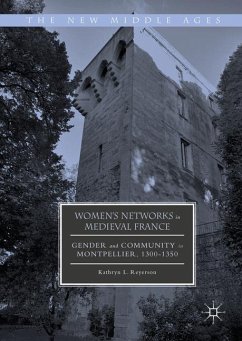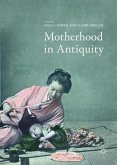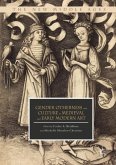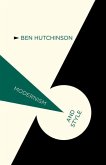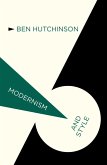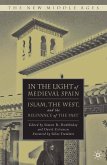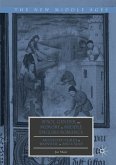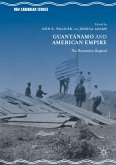This book illuminates the connections and interaction among women and between women and men during the medieval period. To do this, Kathryn L. Reyerson focuses specifically on the experiences of Agnes de Bossones, widow of a changer of the mercantile elite of Montpellier. Agnes was a real estate mogul and a patron of philanthropic institutions that permitted lower strata women to survive and thrive in a mature urban economy of the period before 1350. Notably, Montpellier was a large urban center in southern France. Linkages stretched horizontally and vertically in this robust urban environment, mitigating the restrictions of patriarchy and the constraints of gender. Using the story of Agnes de Bossones as a vehicle to larger discussions about gender, this book highlights the undeniable impact that networks had on women's mobility and navigation within a restrictive medieval society.
"Reyerson's study offers a visual glimpse into a late-medieval city, shedding light not just on the individuals ... . Ultimately, Reyerson has produced an important contribution to the historiography of the late Middle Ages that is as enjoyable to read as it is scholarly significant. Her work will no doubt appeal to a wide range of scholars, including those interested in gender, the late-medieval economy, the formulation of social networks, and the configuration of urban spaces."(Erin Jordan, H-France Review, Vol. 18 (39), February, 2018)

